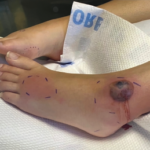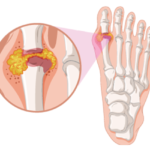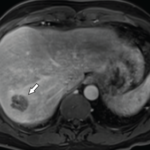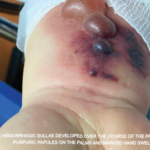Elliot Rosenstein, MD, spends most weekend mornings and late afternoons a bit differently than other rheumatologists. He feeds and waters chickens, rabbits, llamas, horses, goats and guinea fowl, as well as an orphaned peacock. Dr. Rosenstein is one of two medical directors at the Institute of Rheumatic & Autoimmune Disease (IRAD) at Overlook Medical Center,…









